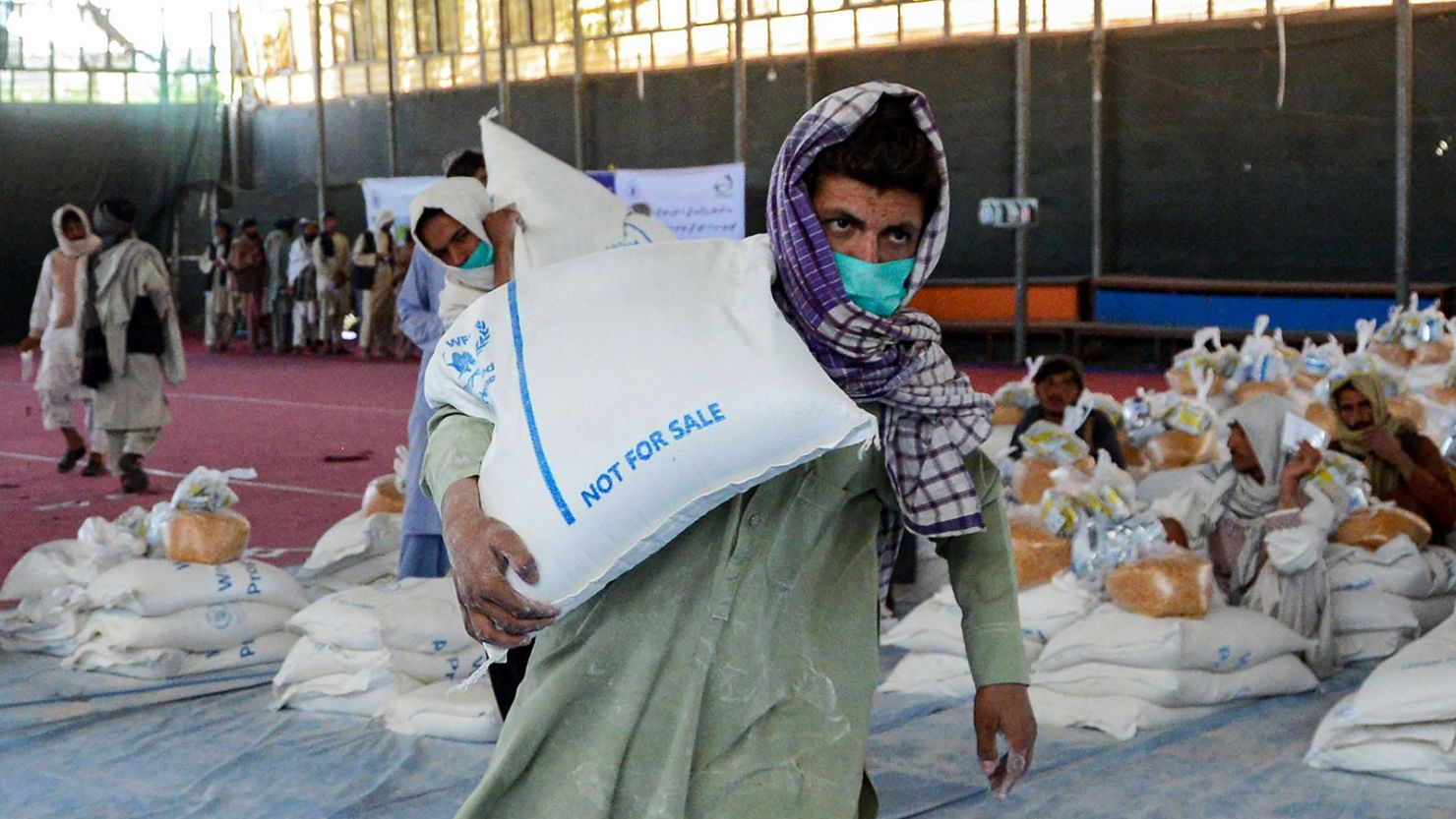As of September, 10 million Afghans have lost assistance from the UN’s World Food Programme this year, the organization announced this week.
They had to cut food assistance from 2 million people in Afghanistan this month.
“Due to a massive funding shortfall, going forward WFP will only be able to provide emergency assistance to 3 million people per month,” the WFP statement said.
“Amid already worrying levels of hunger and malnutrition, we are obliged to choose between the hungry and the starving, leaving millions of families scrambling for their next meal,” said Hsiao-Wei Lee, WFP’s Country Director and Representative in Afghanistan.
“With the few resources we have left, we are not able to serve all those people teetering on the edge of utter destitution.”
The World Food Programme is often the last lifeline for women, who are increasingly being pushed out of society, with dwindling options for making a living and feeding their children, the statement said.
“These cuts mean that 1.4 million new and expecting mothers and their children are no longer receiving specialized food designed to prevent malnutrition,” Lee said.
WFP needs US$1 billion in the next 6 months to be able to feed 21 million people with lifesaving food, the statement said.
“A small window of opportunity remains to avert catastrophe in Afghanistan, but we are running out of time,” said Lee. “The cost of inaction will be paid by the most vulnerable women and children reeling from the impact of 40 years of conflict, a crippled economy, and a worsening climate crisis.”
As of August 2022, WFP estimated over 36 million people in Afghanistan, around 90% of the population, lacked sufficient food, after the the Taliban takeover prompted the US and other countries to freeze an estimated $7 billion of the country’s foreign reserves.





